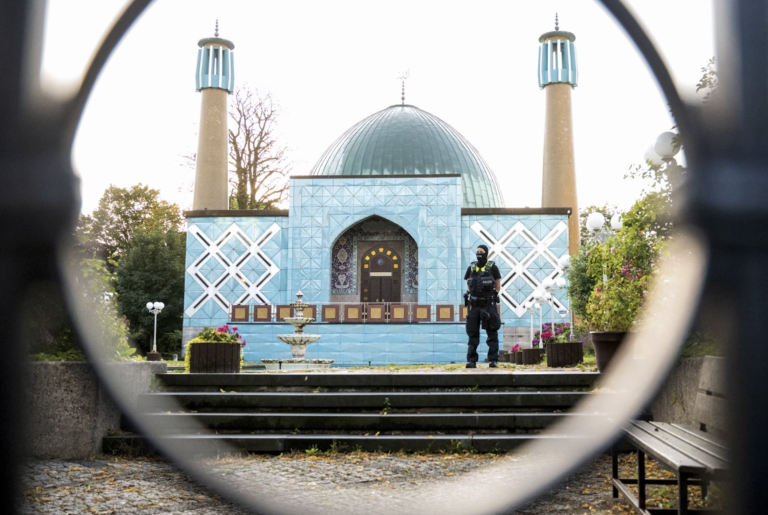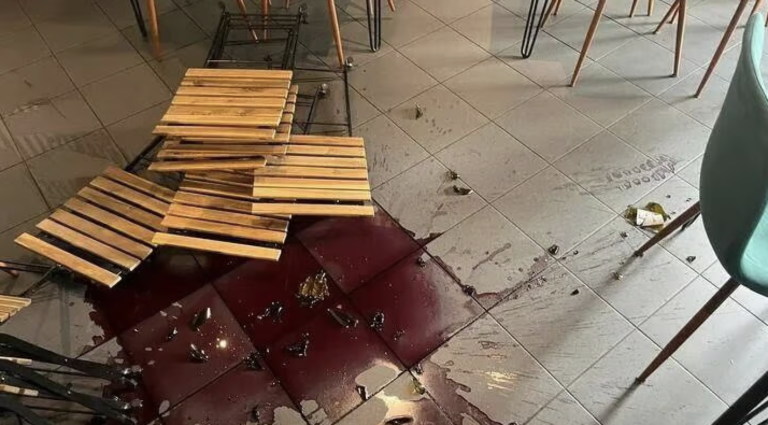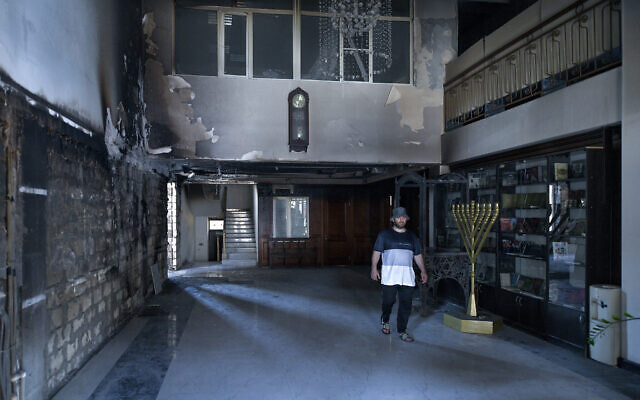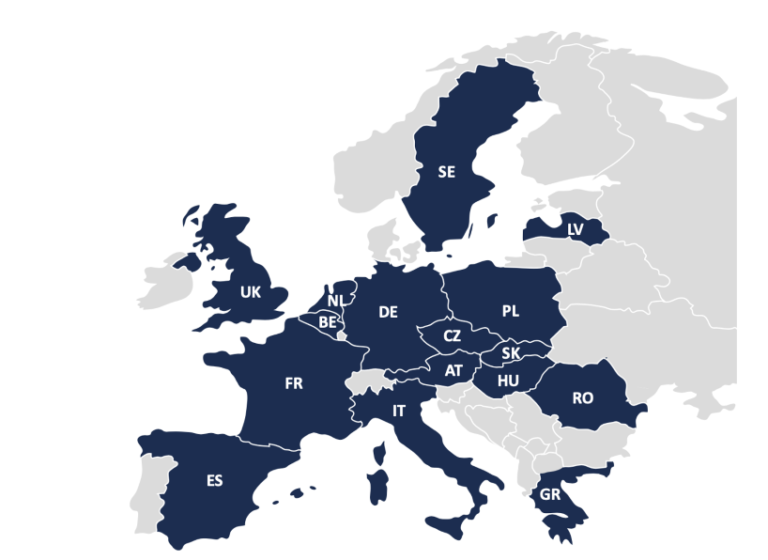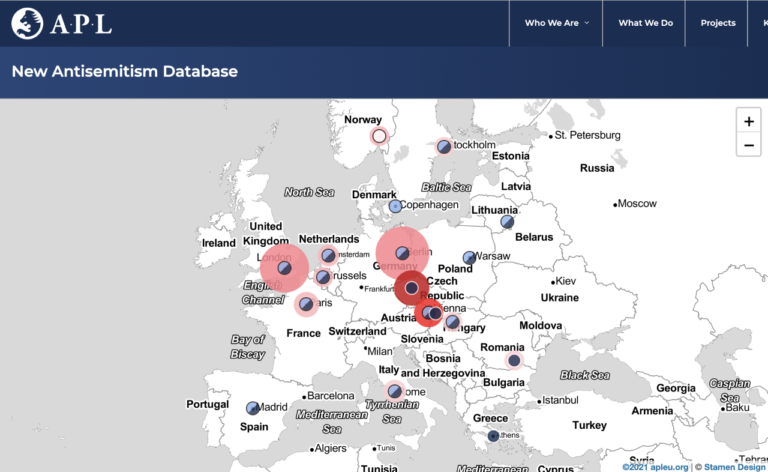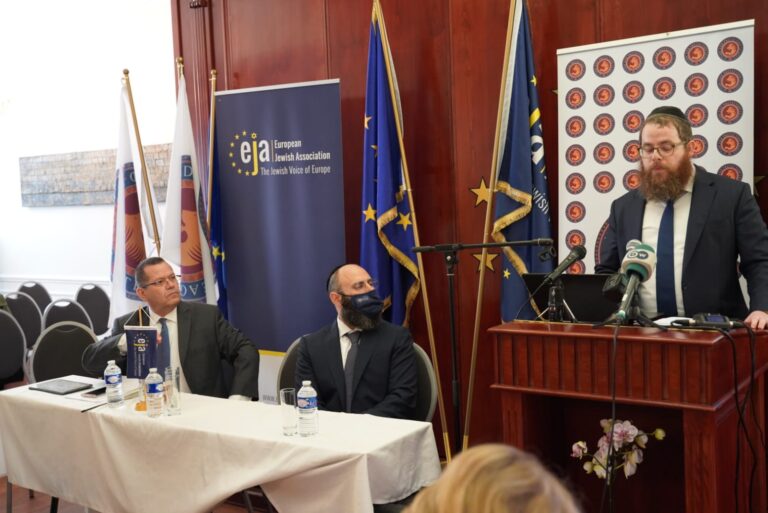The Italian Supreme Court has ruled in a verdict that performing a fascist salute is not a crime unless it risks sparking violence or is aimed at reviving the fascist party.
The decision came just ten days after a video emerged of hundreds of men making fascist salutes during a memorial event.
The court released its decision on Thursday, which states that fascist salutes during commemorative events should not be considered criminal. Nevertheless, the court left open the possibility of prosecution depending on the context of the incident, reports The Jerusalem Post.
Legal experts claim that the ruling does not resolve the issue of using the fascist salute in Italy, a country that has never fully confronted the legacy of fascist dictator Benito Mussolini.
Far-right organisations hailed the court ruling, celebrating it as a victory, which vindicated their participation at countless rallies that celebrate Italy’s fascist past.
However, the Supreme Court left open the door to future prosecutions, given Italy’s inconclusive legal framework. The Supreme Court reiterated that both the Scelba and Mancino laws could be applied to people making the fascist salute, depending on the circumstances, leaving it up to the individual prosecutors to decide whether they were applicable.
Since there is no clear law on what represents a fascist apology, the ruling will not resolve the problem around the fascist salute. Italy’s main piece of legislation against promoting fascist propaganda is the so-called Scelba Law of 1952, which prohibits any „movement or group of people … pursuing anti-democratic ends associated with the fascist party,” therefore the only sure thing is that creating a fascist party is prohibited by law.
Subsequently, in 1993, Italy introduced the Mancino Law, which widened the scope of the Scelba law, targeting anyone „disseminating ideas based on racial or ethnic superiority” or inciting „discrimination or violence” for racial motives.
Photo credit: Alessandro di Meo / EPA / MAXPPP

